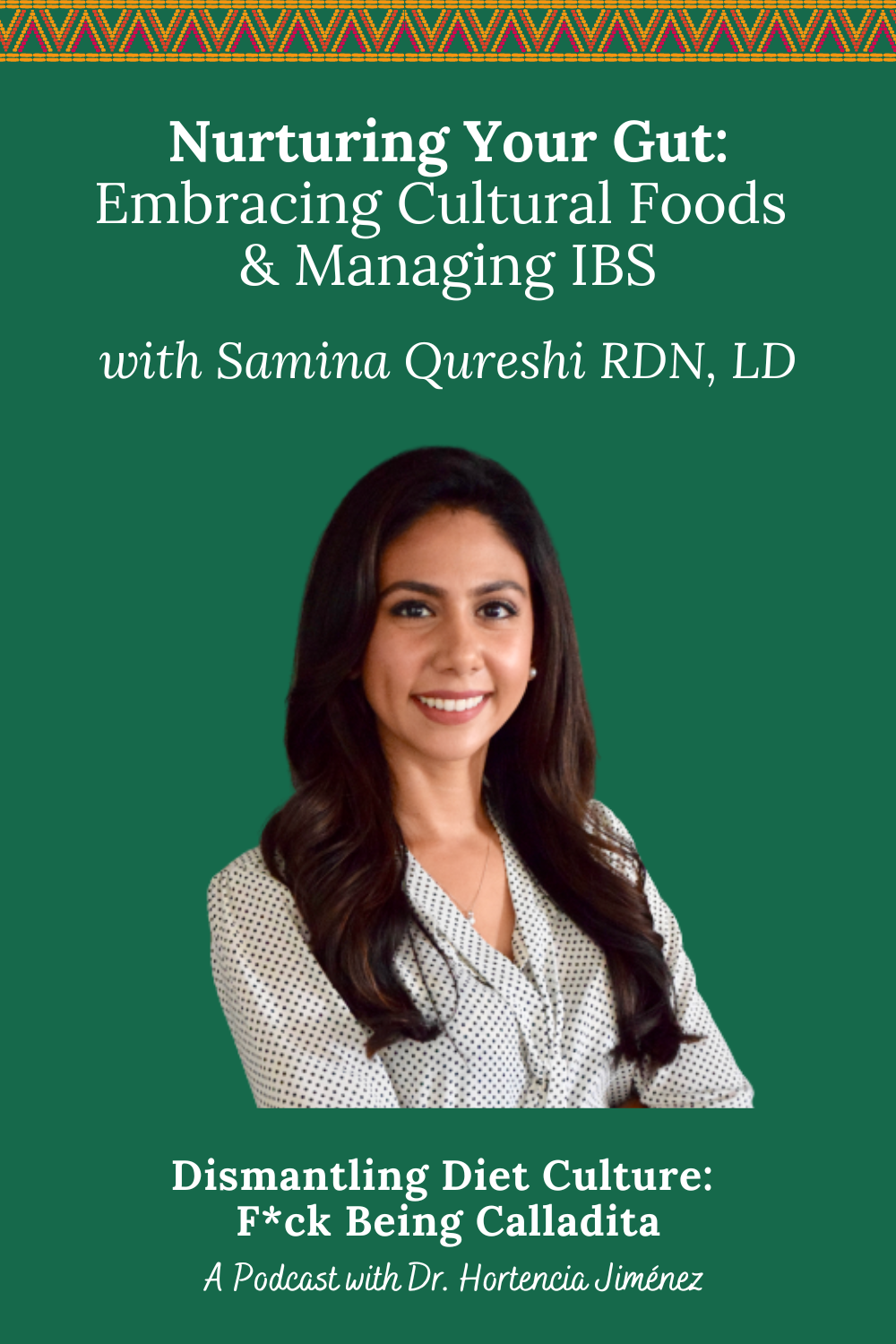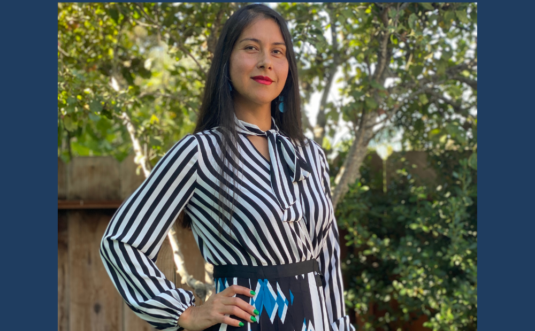Hello, fellow food enthusiasts and health seekers! This is your host, Hortencia Jimenez, and today we’re diving deep into a topic close to my heart: “Cultural Foods and IBS.” You know, embracing our culinary heritage can be a beautiful way to connect with our roots, but for those with Irritable Bowel Syndrome (IBS), it can present unique challenges. In this blog post, we will expand on the insights shared in Episode 6 of our podcast, where my co-host Samina Qureshi and I explored the intersection of cultural foods and digestive health.
Understanding IBS and Its Impacts
Imagine having a conversation where the messages aren’t coming through quite right — frustrating, right? That’s a day in the life of someone with IBS, where the gut-brain miscommunication results in symptoms that affect not just the body but also the quality of life. With roughly 10-15% of adults dealing with this condition, we must talk about it.
IBS doesn’t discriminate; it can affect anyone, and the distress it brings can lead to isolation. Unfortunately, diagnosing IBS isn’t always straightforward. It’s a complicated dance that could take up to six years before someone gets a definitive diagnosis. Recognizing the signs — recurrent abdominal pain, bloating, bowel irregularity — is crucial.
Championing a Neutral Attitude Toward Food
One of the pillars of the anti-diet movement, which Samina and I wholeheartedly support, is fostering a neutral attitude towards food. It’s about challenging the demonization of certain foods and the diet culture. Regardless of your digestive health, it’s important to listen to your body and balance your diet based on what feels right, while acknowledging and challenging any fear of foods.
*Low FODMAP: A Path to Digestive Comfort
For managing IBS, the recommendation often revolves around a low FODMAP diet. What’s that, you ask? FODMAPs are types of carbohydrates that can be hard to digest. Limiting them — think embracing proteins like chicken or shrimp, and low FODMAP veggies — can ease those gut woes. However, it’s a three-phase approach: elimination, reintroduction, and personalization. And before you fret, a registered dietitian can walk you through each step to ensure a balanced diet without deprivation.
Cultural Foods as Nutritive Allies
Every culture has its staple foods rich in nutrients and fiber necessary for digestive health. In South Asian cuisine, for example, fruit chat is not only delicious but also packed with ideal nutrients for those with IBS. In many Hispanic dishes, vegetables are a principal component, offering alternate sources of fiber and nutrients. Exploring these cultural staples can be a way to manage IBS while staying connected to one’s heritage.
Wholesome Eating Practices and Mindful Intuition
Let’s talk about how you eat. The simple acts of creating a peaceful environment and chewing properly are fundamental to aiding digestion. This joins hands with intuitive eating, a concept Samina employs in her practice, where it’s about making peace with food and listening to hunger cues. Intuitive eating isn’t just about what you consume, but how you relate to food on a personal and cultural level.
Embracing Our Culinary Roots
Being in a Eurocentric world means we often get a skewed view of what constitutes ‘healthy’ food. In our conversation, Samina and I drive home the importance of acknowledging and celebrating our cultural dishes, especially within Latinx and South Asian communities. These meals, often vegetable-centered, may not resemble what mainstream media defines as ‘healthy,’ but they are full of life, flavor, and nourishing elements that can play a part in managing IBS.
Before we wrap up, a reminder from my co-host Samina — if you’re navigating IBS, you don’t have to do it alone. Free resources and comprehensive programs are out there, such as the ones she offers through her Instagram and at www.wholesomestart.com.
Wrapping up this blog post feels bittersweet. Speaking on such a meaningful topic, from the trials of IBS to the celebration of cultural foods, illuminates the intricate dance of health and heritage. I hope our discussion brings not only understanding but also a sense of community. Food isn’t just about sustenance; it’s a tapestry of tradition, nourishment, and joy, woven through every bite.
Thank you for reading, and remember to tune in, follow, and maybe leave us a review on Apple Podcasts — you might even snag a free coaching session for your efforts. Until next time, take care of your gut, and let your culinary roots flourish!




